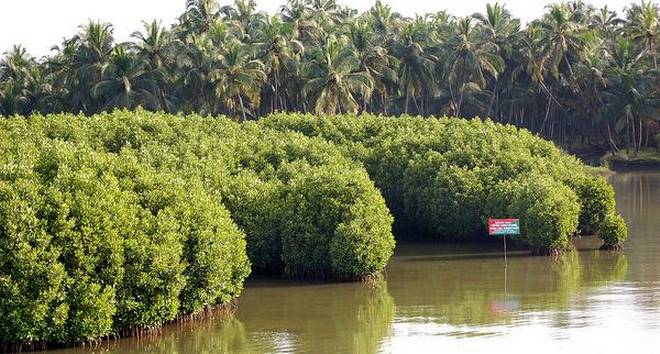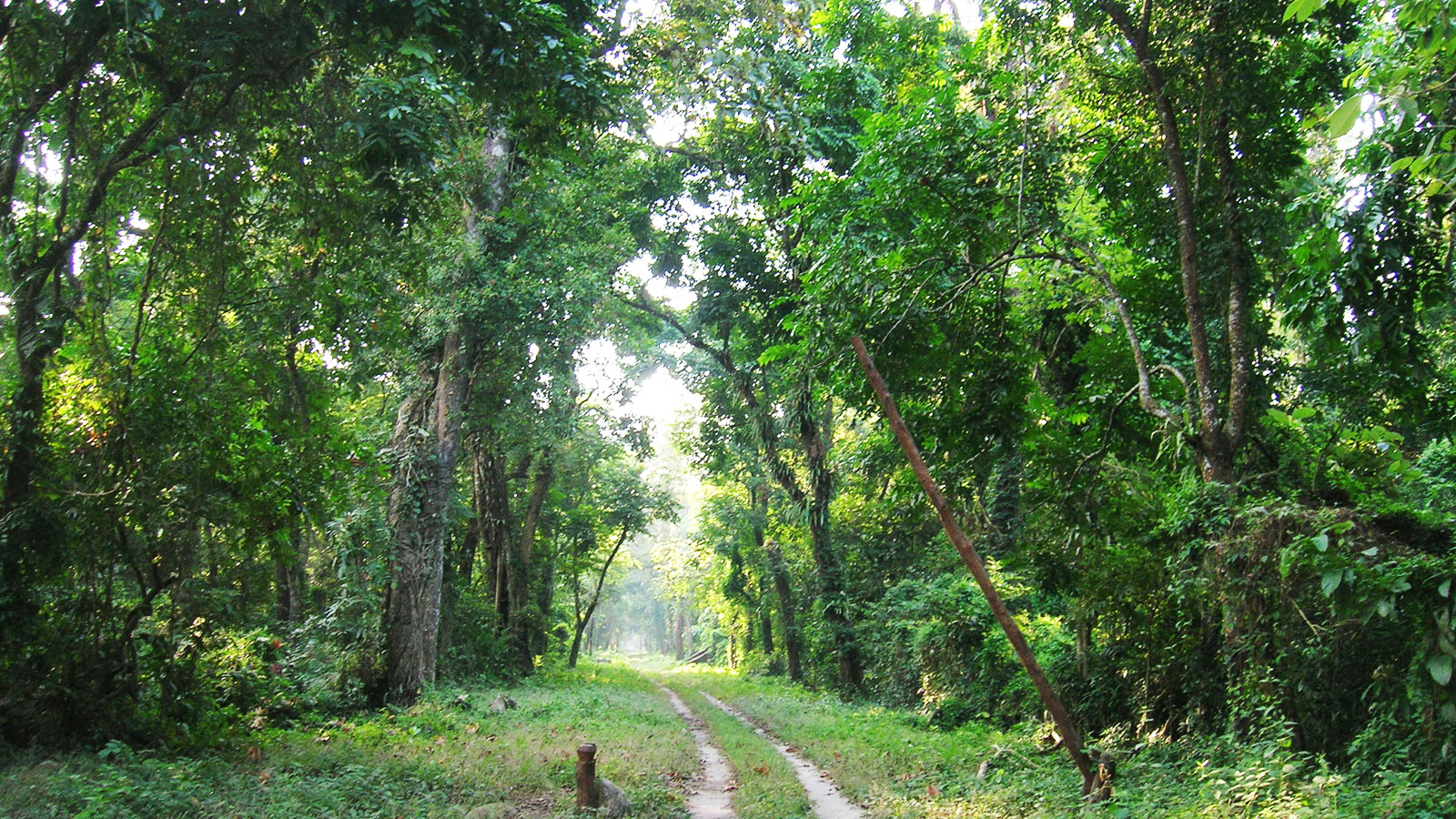One of the major concerns for the world has been climate change and various other environmental impact, though, during the time of the pandemic, we have witnessed the healing of nature. In the lockdown, a resurgence of nature took place, pollution level and carbon emission reduced, but will these alterations prove to be a boon for the environment?
On the occasion of World Conservation Day (July 28), the EarthView spoke to the environmentalists on nature rejuvenation during the lockdown. These experts also suggested that there should be lifestyle changes in post lockdown to conserve the nature for future generations. Experts also shared that emphasis should be on sustainable development and protection of the natural habitats of the biodiversity.
While the death toll has been rising because of this pandemic, humans have been forced indoors. This has resulted in the rebooting of nature. Saili Palande Datar, said, “It is like a glance of how the earth will look when fossil fuels will be extinct. No doubts that clear water is now all over the region, blue skies over Delhi, and a glimpse of the Himalayas are visible from Punjab. Also, animals can be seen walking freely in lockdown, but the awful and grievous truth is that these changes are temporal. And it is not something to celebrate.”
So, lockdown is not a chunk of the golden spoon for the environment. They have, however, indicated that the essence of nature can still flourish if we provide it with the opportunity. During the lockdowns, we saw how animals were free to wander. This gives us a glimpse of how beautiful our lives could be if we stood for the betterment of nature.
Dr Sachin Punekar, Environmentalist and Founder of Biospheres also highlighted the importance of protection of natural habitat for the conservation of nature. He said, ‘Now the time has gone to set the rules, in the name of recovery. We need to centralize our idea of environmental protection to build back better. Everything is connected on earth, if one variety of species in the food cycle ceases to exist, one or more animals in the rest of the chain could exist too.”
He further said, “People accumulate at certain places destroying the natural habitat of the region, causing crises for animals. Extinction of some species has a devastating effect on the cycle of the food chain. Biological invasion matters a lot, so there is a need to invest in the maintenance of biological diversity.”
As humans, we cannot avert development, because it is the basic necessity to grow. Though, it mustn’t happen at the cost of causing damage to nature. “Humans altered 75 per cent of the Earth’s ice-free surface. Since 1990, 420 crores of land have been lost. Nearly 1 crore species already got extinct, and the fourth largest crime is animal trading,” said a report by, UN in 2019.

‘Development is imminent for humans, but it should exist sustainably,’ said Datar. Further, she explains, “As biodiversity plunges certain differences in agriculture, infrastructure and surroundings can be seen while nature’s ability to contribute food, oxygen, and ecological balance is deteriorated. This hastily affects human state and wealth.”
Datar further said, “Growing plants with the help of certain chemicals and fertilizers cannot be called development. Building enormous residencies cannot be the sign of development as it leads to the clearing of vast cultivating land.”
Dr Sachin Punekar also highlighting the importance of environmental impact assessment program in conserving nature. He said, “We need to think hard on the process of assessment because causing any change to nature is irreversible. Is it justifiable to cut 1000 of the trees and then planting a few ounces? Afforestation is a long phase program and it needed broad association for a very long term. Also, the government should check whether the laws are properly implemented. The locals play a crucial role in impacting nature, so it becomes inevitable to not indulge locals while the assessment program.”
A NEW FUTURE
‘The actual challenge now lies in restoring the norms of climate-friendly trends which are lost somewhere. Past is the key to unlock the future’ said Dr Sachin.
It is important to make correct lifestyle choices in the coming days to restore the revitalised form of nature. In India, creativity can be discovered in every corner where people come up with new eco-friendly ideas to protect our nature. We should support our local businesses that promote sustainable products such as a bamboo crafted article for sustainable development.
However, efforts from all quarters will bear fruit – alone the government cannot do everything. We need to stand as one, not needed to start from the big level but certainly can start from the ground. The companies can reduce business travels, their growth and production can be be done in a controlled way without damaging nature. People can prioritise health by preferring to stay home instead of vacationing and travelling. Renewable sources should be used but with a proper assessment.
Its high time to act to restore the beauty and purity of nature and on World nature conservation Day, let’s work together to conserve it because the stronger our world’s life support networks are, the better is the entire ecosystem.
Written By: Manoj Khetan


We have to create lot of awareness about conservation of nature and natural resources in people.we should use eco-friendly things to avoid pollution.By creating awareness among people and using eco-friendly things we can conserve our nature smoothly.also we should maintain our food chain to conserve nature.